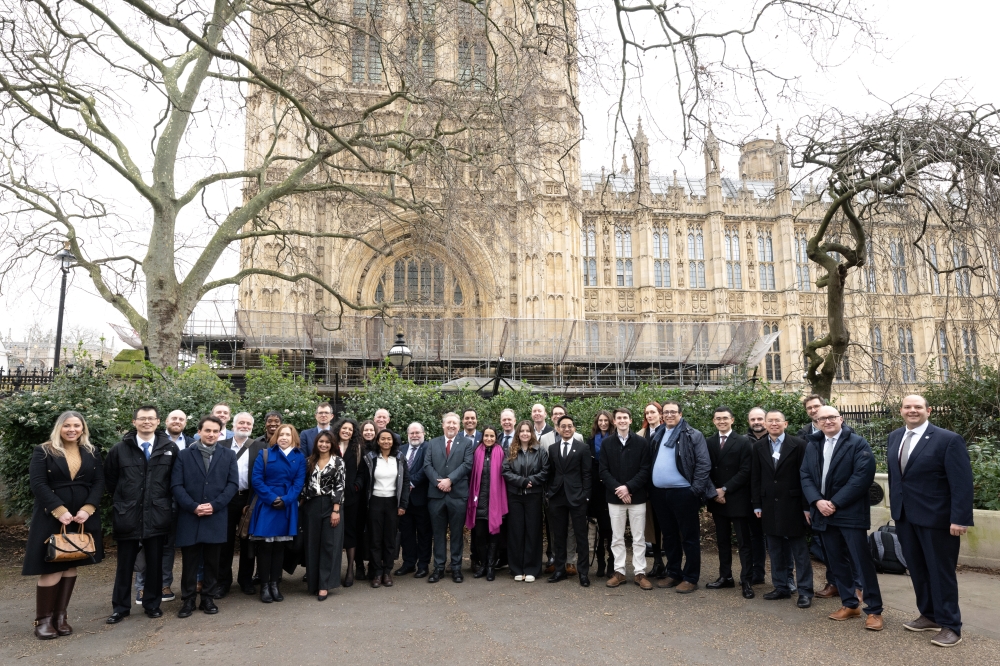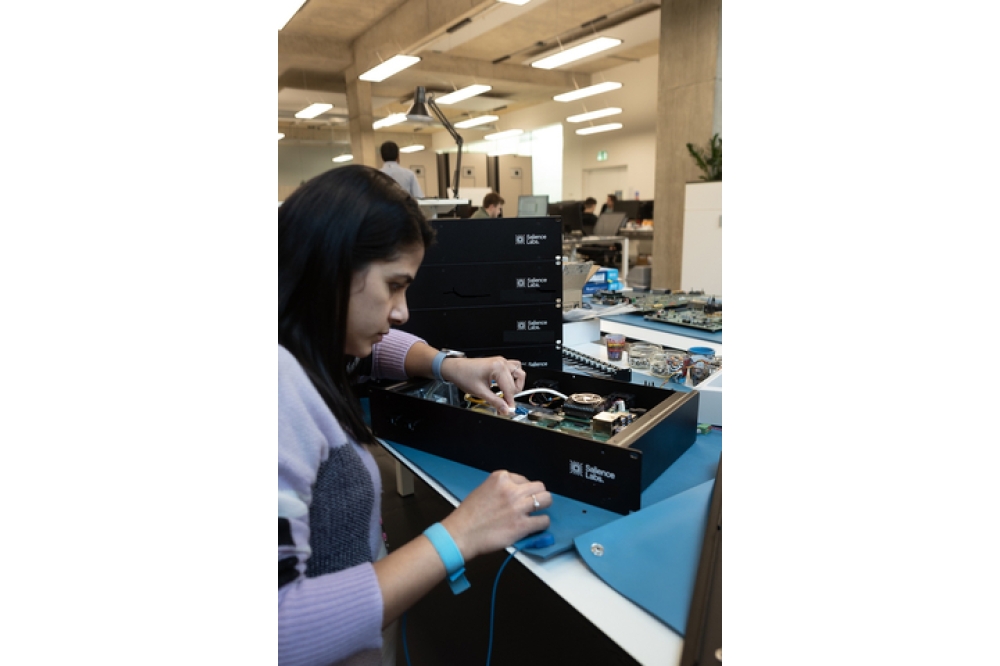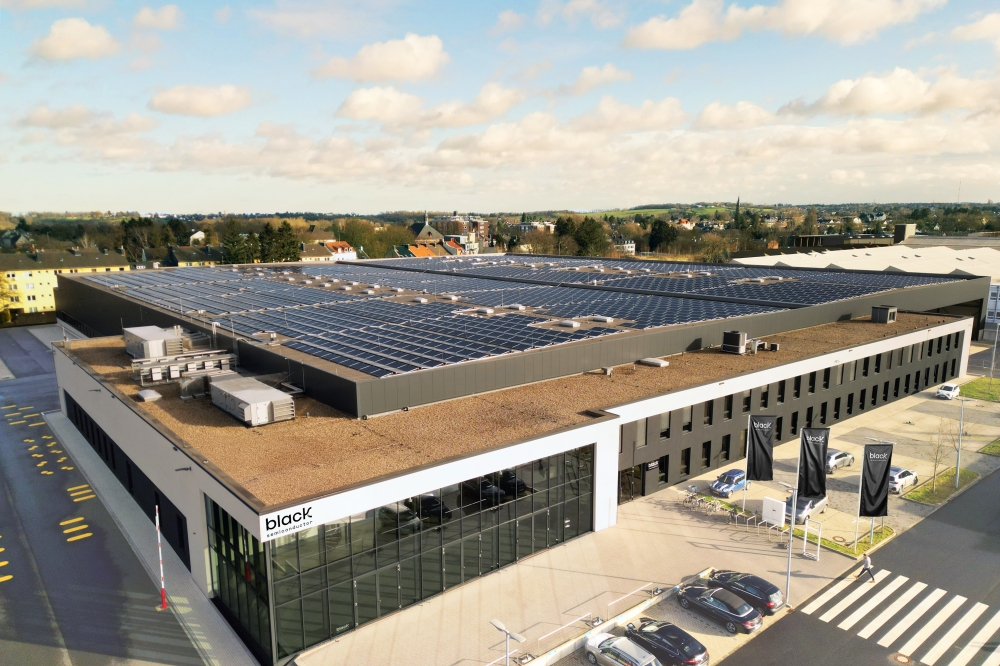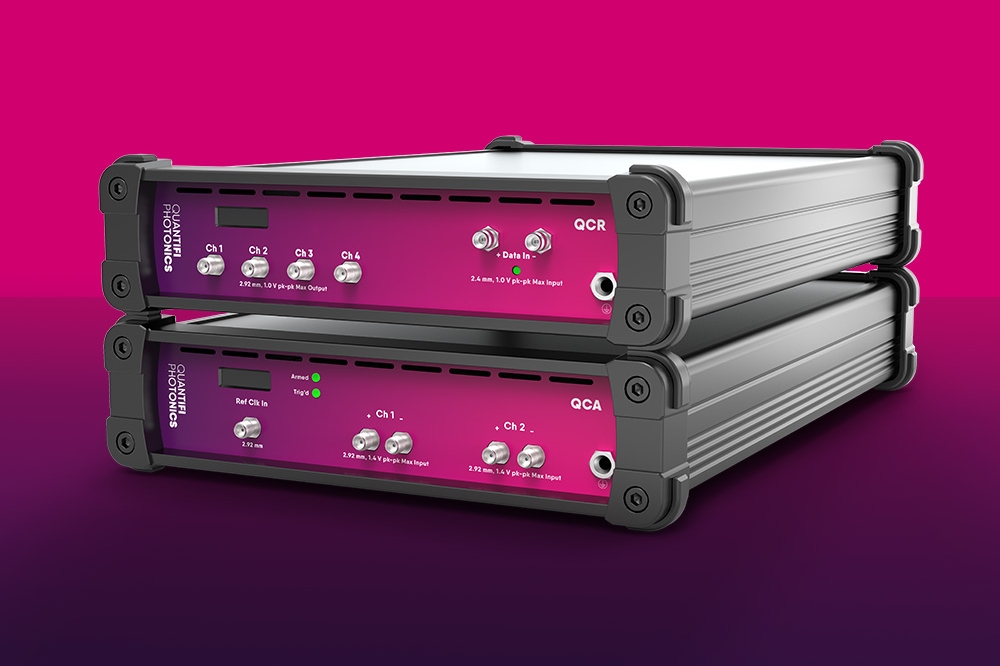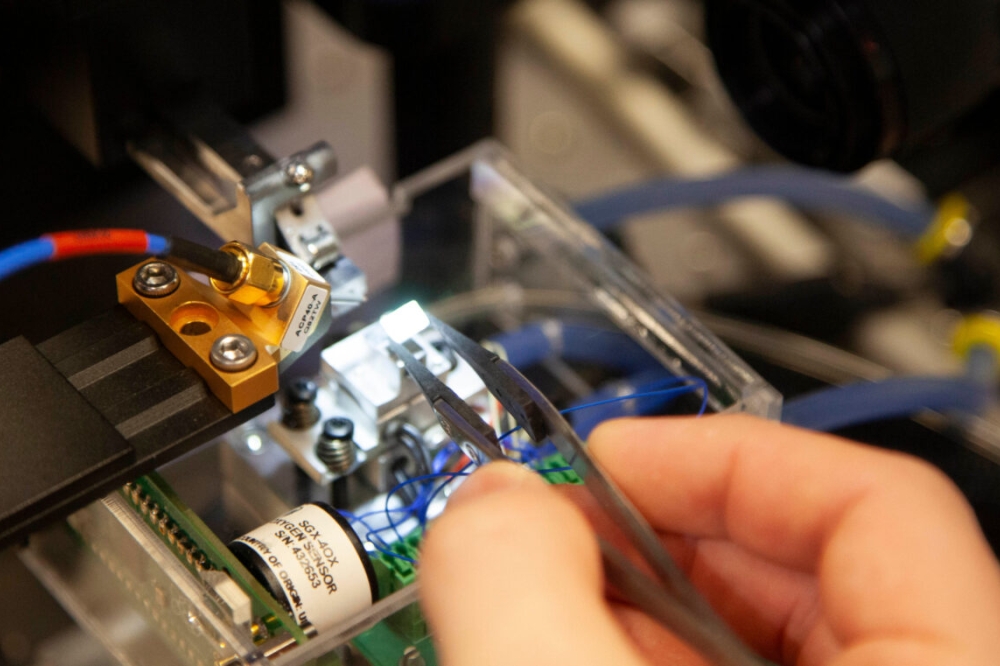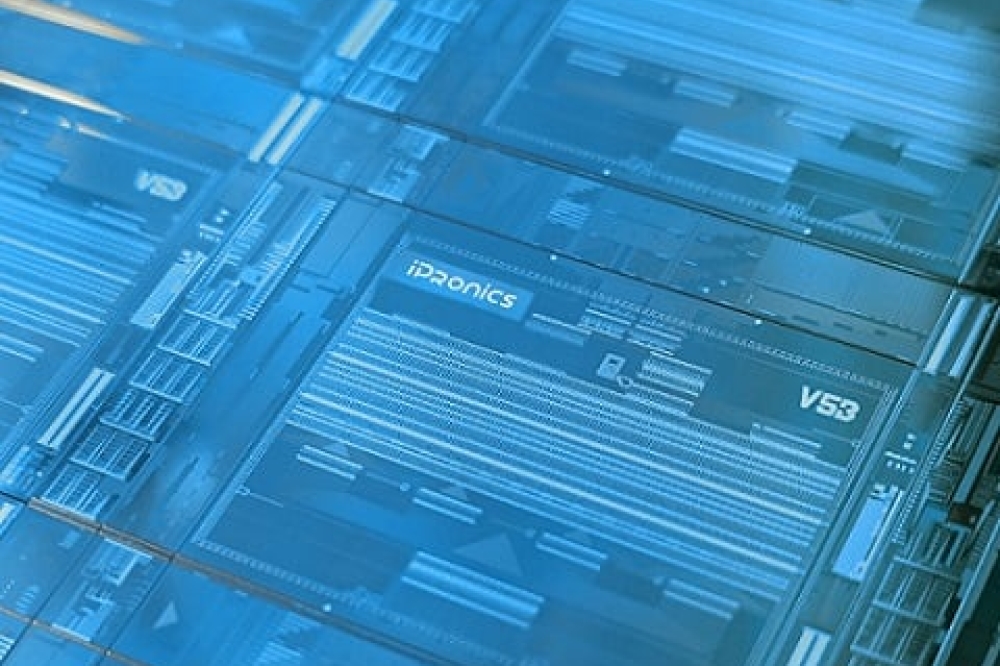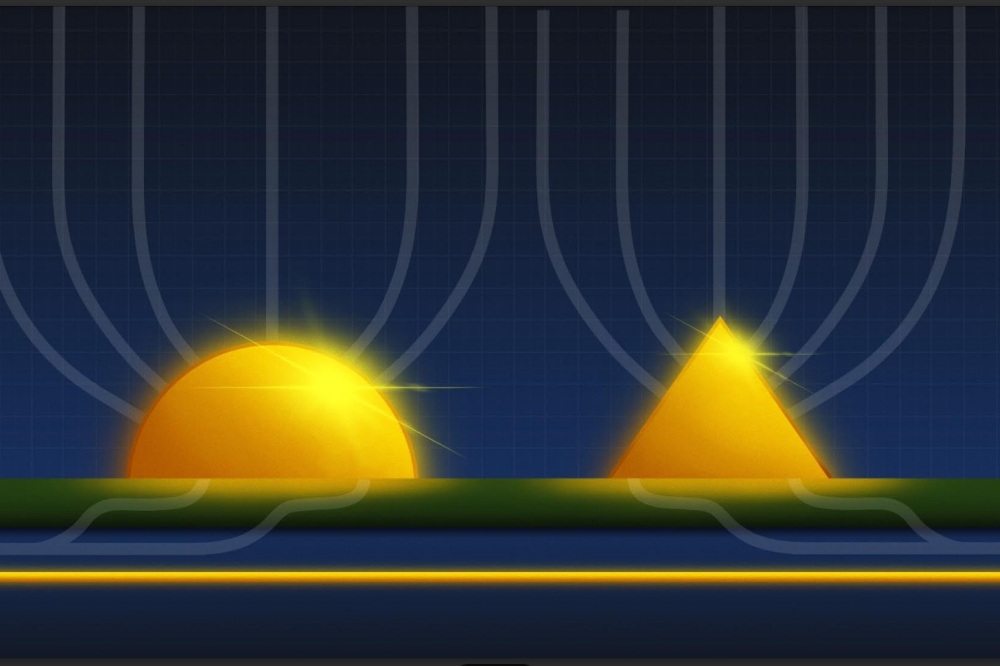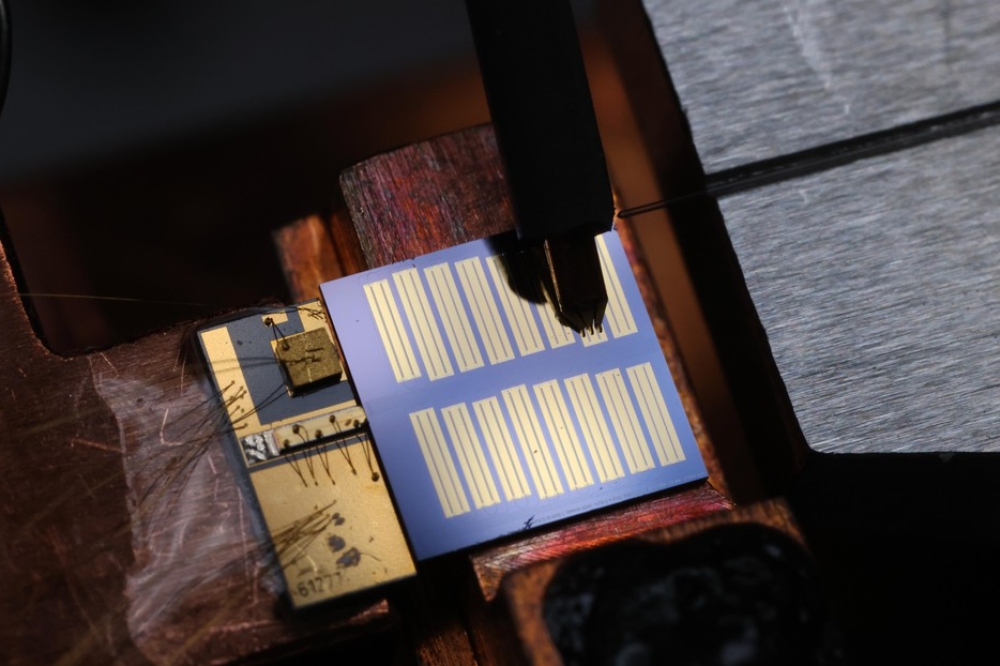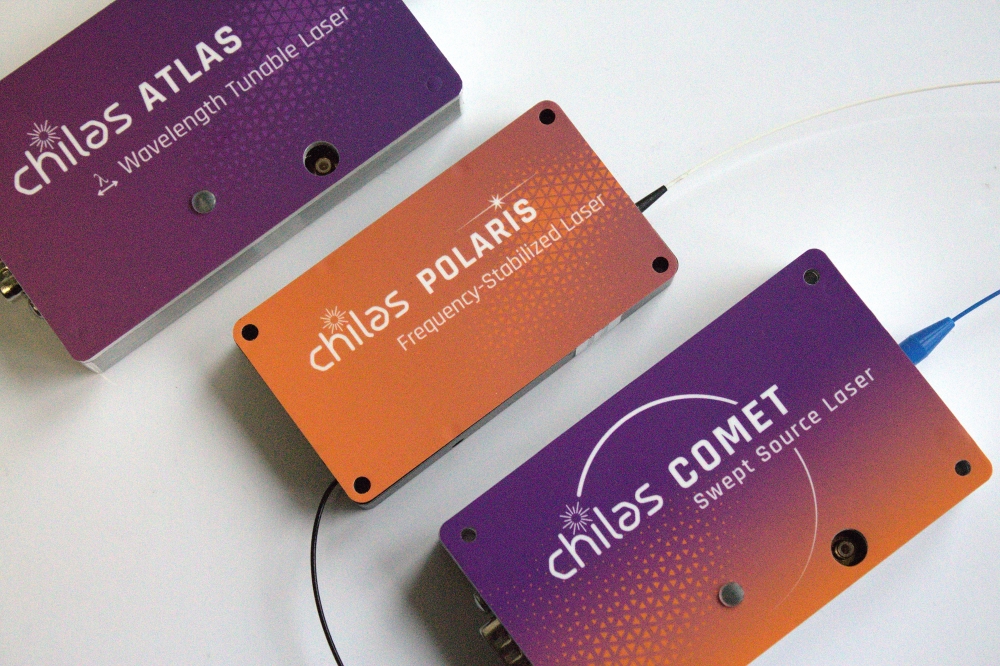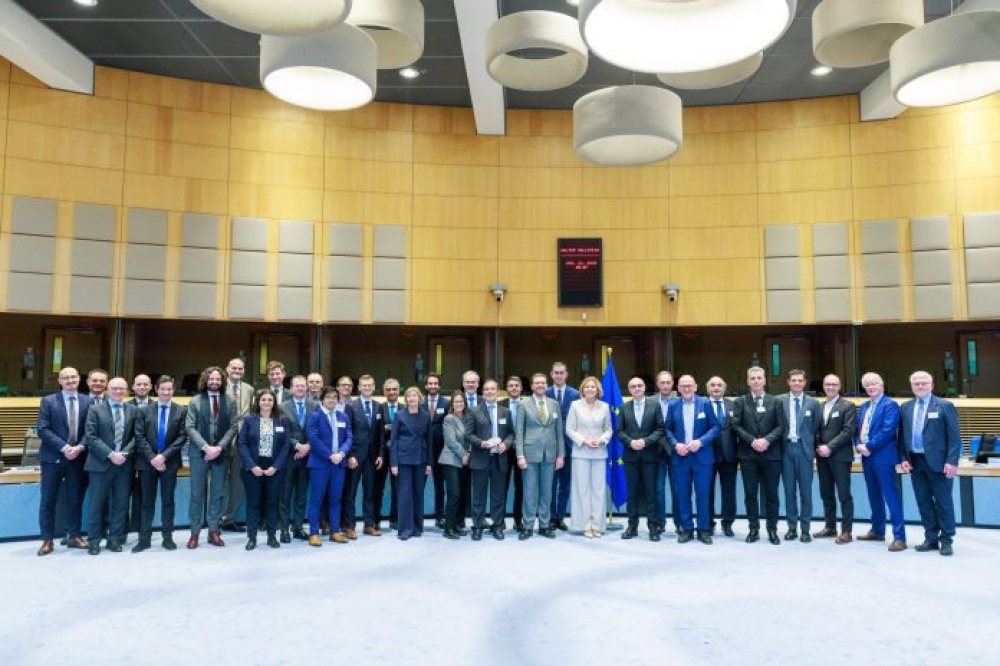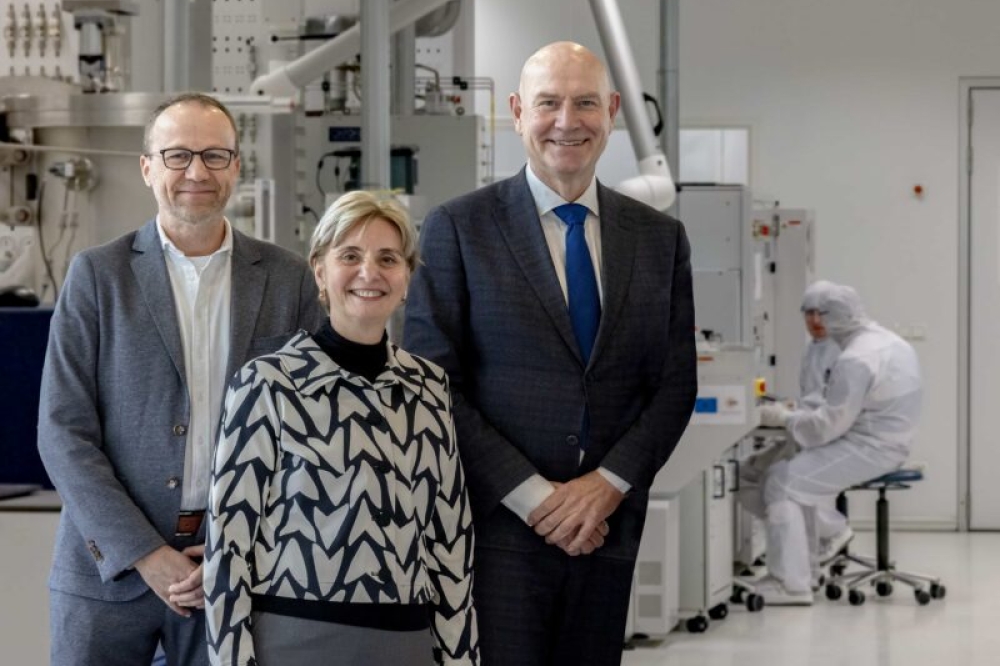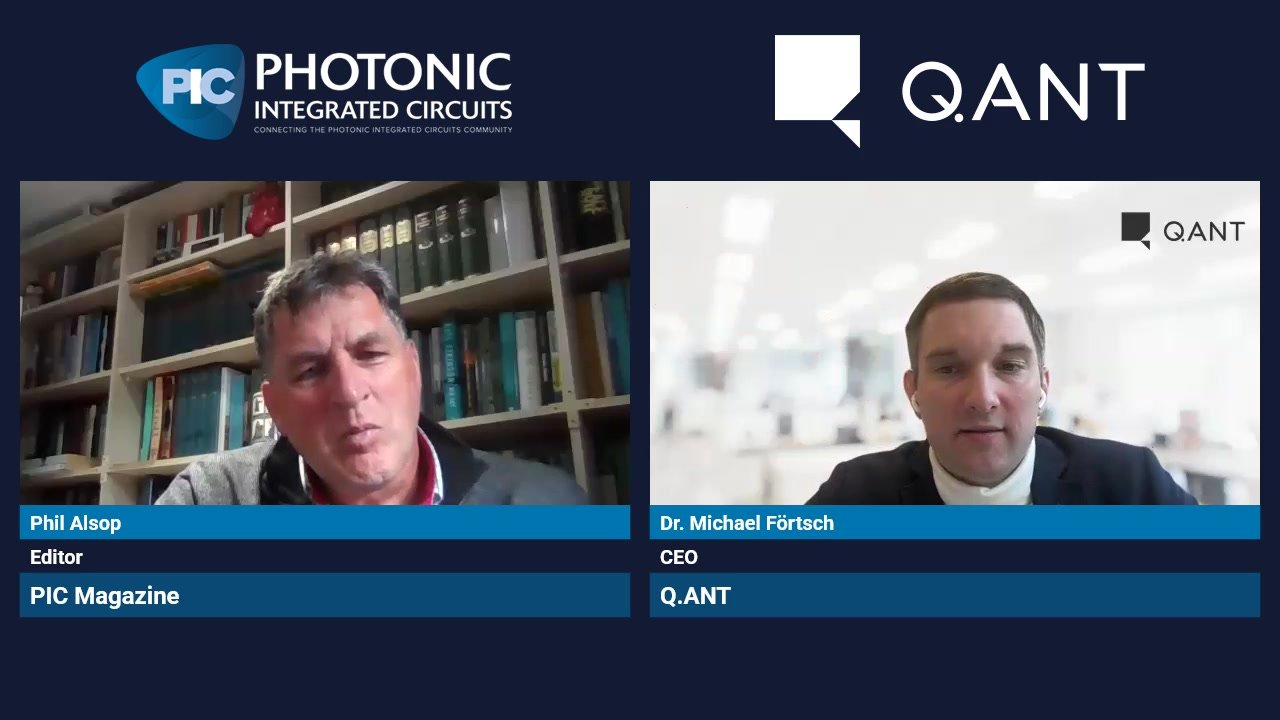National microchip competence centre to launch in Latvia

The initiative aims to drive innovation in fields including silicon photonics, and will receive investment totalling almost €3 million between 2025 and 2028
The Latvian government has approved co-financing of the establishment of a national microchip competence centre in Latvia which aims to unite leading scientific and research institutions to drive research and innovation in key specialised fields, including semiconductor microelectronics, silicon photonics, polymer photonics, and open-source semiconductor design development.
Coordinated by Riga Technical University (RTU), the initiative will be carried out in collaboration with the University of Latvia (UL), the Institute of Electronics and Computer Science (IECS), and the Institute of Solid State Physics at UL.
The government has approved amendments proposed by the Ministry of Education and Science to establish a national microchip competence centre in Latvia. The initiative will receive up to €744.7k in public co-financing from the EU, with a total of €774.7 million allocated over four years to support Latvia’s participation in the Horizon Europe Chips Joint Undertaking. This effort aims to drive high-level research and innovation in chip technology locally and globally. With additional European funding, the total investment will reach nearly €3 million between 2025 and 2028.
“The centre will offer support to stakeholders in the microchip ecosystem, particularly start-ups and micro, small, and medium-sized enterprises, fostering their growth and competitiveness,” said Jānis Paiders, deputy state secretary for human capital, science, and innovation development at the Ministry of Education and Science. “As part of the European network of Microchip Competence Centres, it will provide access to international expertise, infrastructure, and collaboration opportunities with similar centres and ecosystems in other countries.”
The establishment of the centre is intended to enhance the capacity of Latvian research institutes, strengthen international cooperation in technology development, and attract additional investment from the EU Horizon Europe programme, boosting Latvia’s competitiveness in the microelectronics sector.
The EU’s Microchip Act mandates the establishment of a centre of excellence for chips in each member state, with the primary goal of ensuring the EU’s sovereignty and self-sufficiency in the semiconductor market. In late 2022, RTU, the Ministry of Economics, the Employers’ Confederation of Latvia, the University of Latvia, Latvijas Mobilais Telefons, Mikrotīkls, Tet, VAS Elektroniskie Sakari, and the Liepaja Special Economic Zone Authority signed a memorandum of understanding, committing to advancing microchip production for electronic devices.
Since then, additional partners have joined, including Siemens Industry Software Oy, ROBERT BOSCH (which oversees Bosch Group activities in the Baltic region), Edge Autonomy Riga (a manufacturer of unmanned aircraft), Wiseberg Technology (an electronics assembly company), and the Ventspils Freeport Authority. The partners hold regular meetings among themselves, policymakers, and international stakeholders to assess Latvia’s potential role in the global semiconductor value chain, its economic impact, and opportunities for research, education, innovation, and business development.
RTU, in collaboration with the Institute of Electronics and Computer Science (EDI), the University of Latvia, and the Institute of Solid State Physics at the University of Latvia, serves as the coordinator of Latvia’s semiconductor ecosystem. According to RTU, scientists at the university have made significant contributions to the field, particularly in the development of silicon photonics chips, achieving multiple world records in datacentre interconnect technologies and gaining recognition from the global scientific and business community.
RTU says its strategic vision extends beyond establishing a semiconductor competence centre. The university aims to take a crucial step forward by creating a dedicated chip design and testing laboratory. This stage of the semiconductor value chain now generates the highest turnover, and Latvia holds a unique advantage over its regional neighbours – highly skilled specialists and well-developed technologies.



